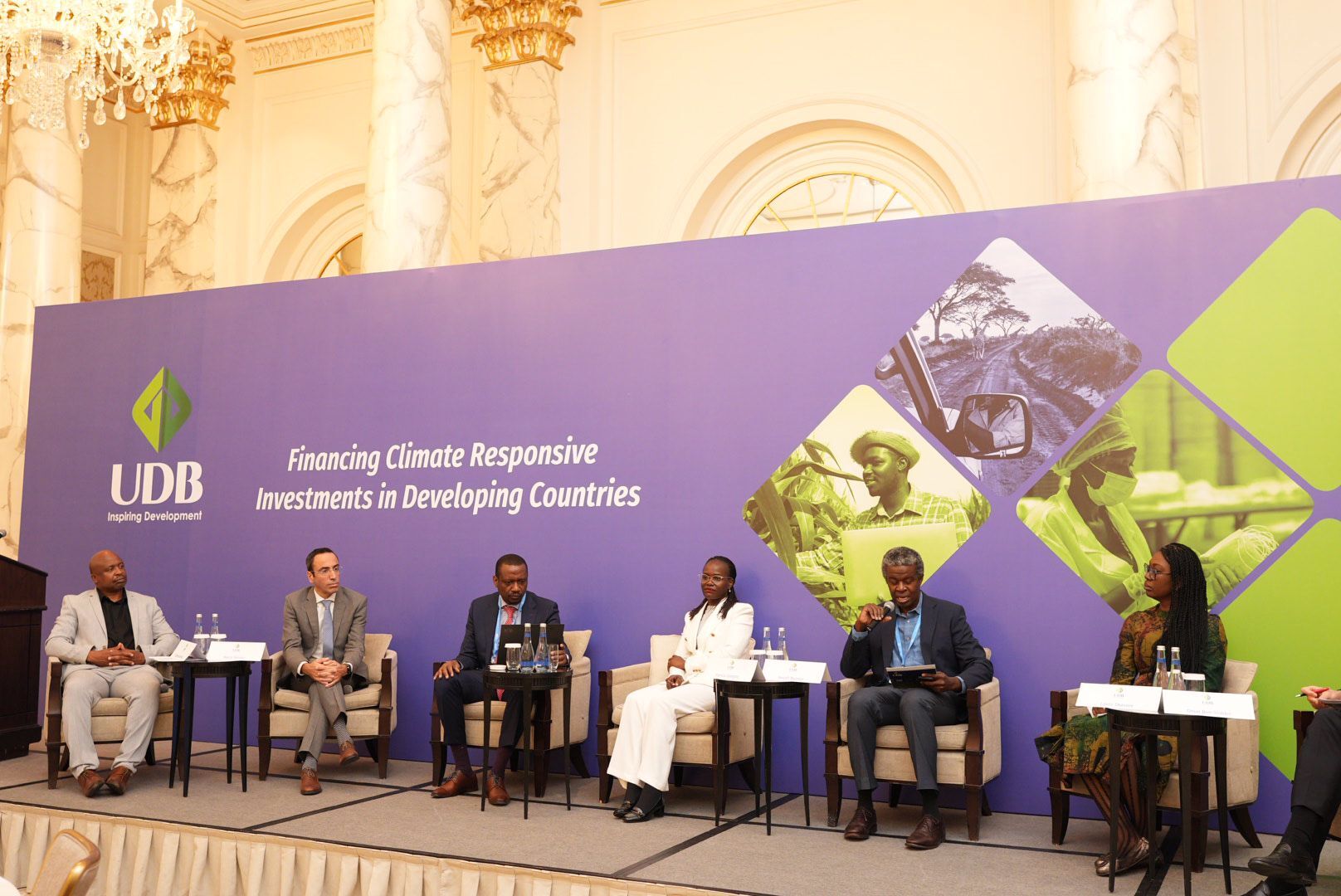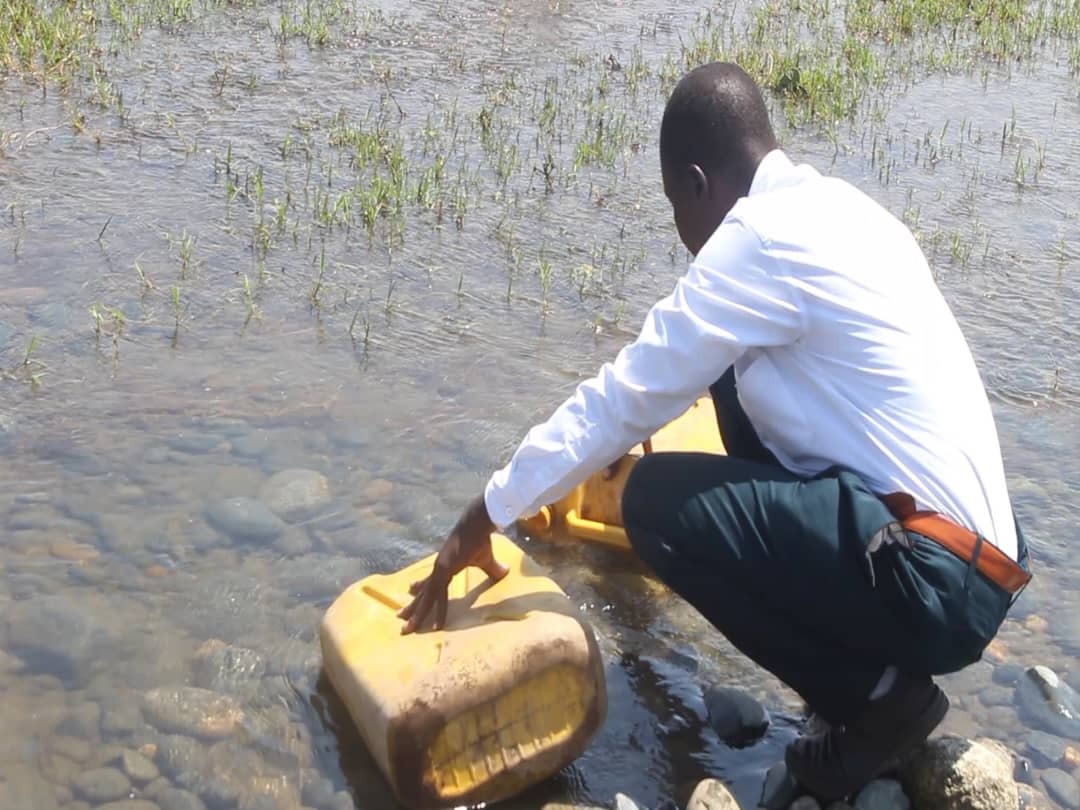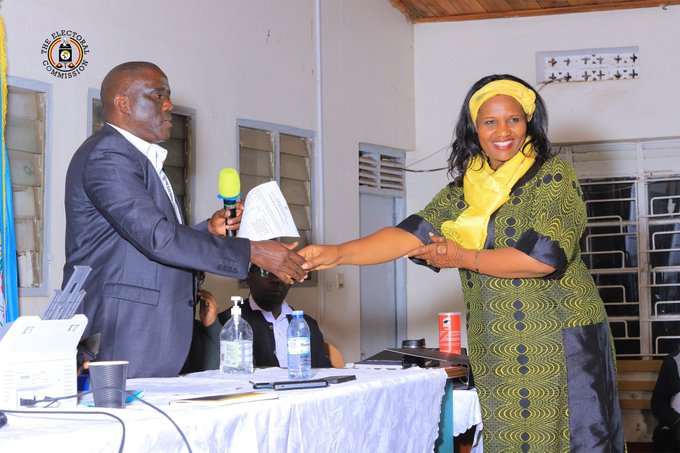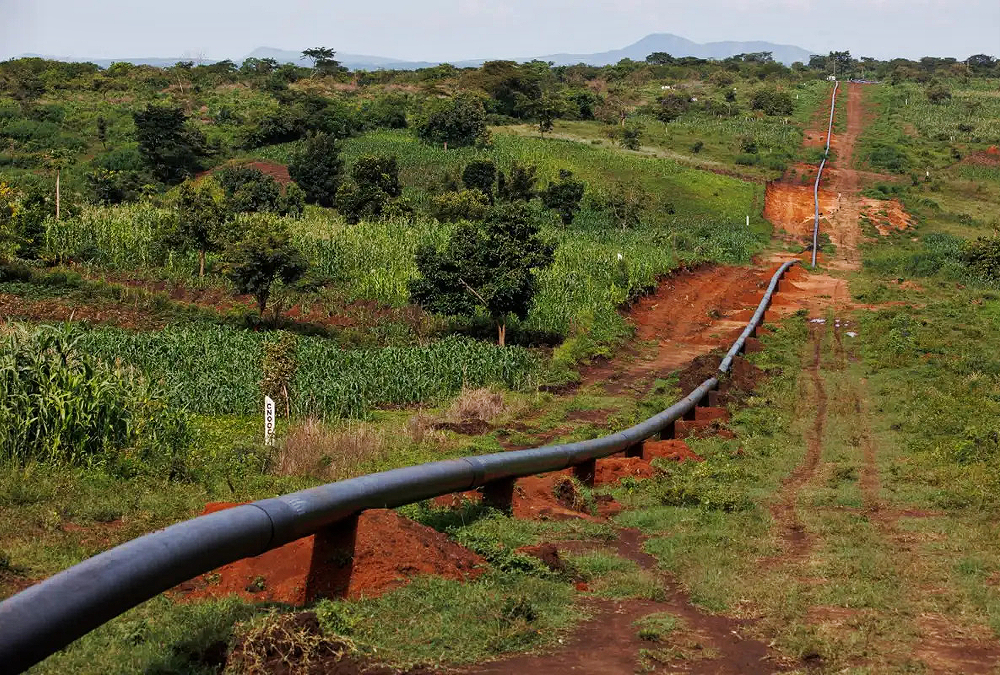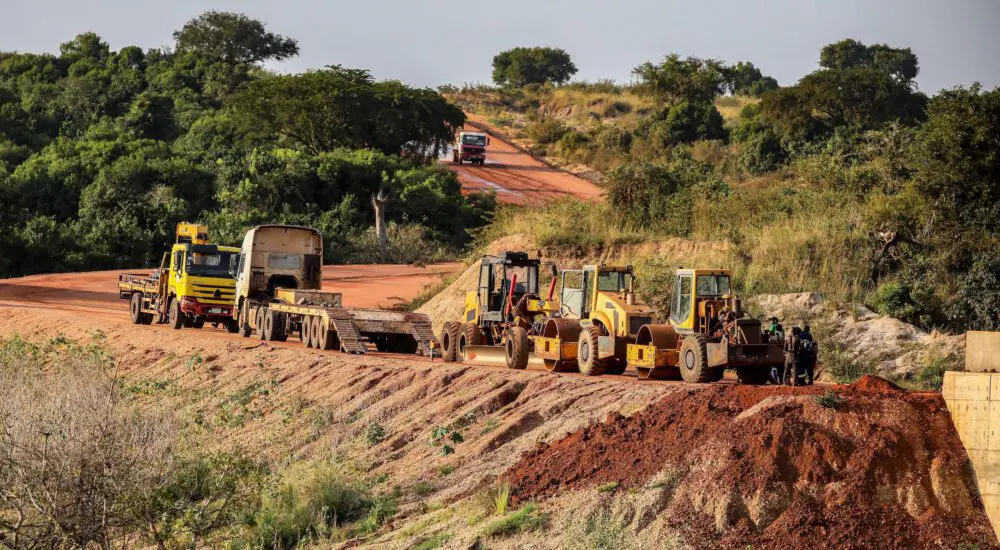The Appellate Division of the East African Court of Justice (EACJ) will hear an appeal filed by four civil society organisations against a judgment made by the First Division of the EACJ in relation to the East African Crude Oil Pipeline (EACOP).
The hearing, which takes place tomorrow (November 15), will be held in Arusha, Tanzania.
The appeal was filed by Africa Institute for Energy Governance (AFIEGO) from Uganda, Center for Food and Adequate Living Rights (CEFROHT) from Uganda, Natural Justice (NJ) from Kenya and Centre for Strategic Litigation (CSL) from Tanzania on December 13, 2023.
It follows the dismissal of a case filed by the same CSOs in November 2020 where the sought temporary and permanent injunctions against the EACOP due to its non-compliance to national and international laws or agreements.
This case was dismissed by the First Instance Division of the EACJ in November last year after Tanzania objected that the EACJ lacked jurisdiction to hear it.
The CSOs now believe that the judges at the First Instance Division erred in their ruling.
In the appeal, the organisations want court to determine that the case was filed in time and in compliance with relevant East African Community (EAC) laws; that the First Instance court misinterpreted East African Community (EAC) laws and that the First Instance court erred in dismissing the case when Tanzania’s Solicitor General challenged only two of the 12 grounds on which the case was premised.
Ahead of the hearing, Dickens Kamugisha, CEO of AFIEGO, said they remained resolute in their pursuit of justice.
“The EACOP has grave implications for people, nature, green jobs and climate change. We hope our appeal will be successful and the case will be tried on its merits,” he said.
Farida Aliwa, Executive Officer of Natural Justice, called upon the EACJ to carefully consider their appeal and deliver a ruling that prioritises the millions of lives at risk due to EACOP.
“This case is a critical opportunity to safeguard the region’s rich biodiversity and uphold the fundamental rights of communities.
“The voices of the East African people must take precedence over corporate profits and government interests. Environmental justice and human dignity cannot be compromised for the sake of profit. We remain optimistic that the court will deliver a fair and just outcome that reflects these urgent realities,” she said.
Ismail Bwowe, an EACOP-affected person, said he had suffered irreparably socially and economically because of EACOP.
“The Ugandan government sued me, and I lost my wives, failed to educate my children, and suffered other injustices because of the EACOP. This project has brought only suffering, and we hope the court provides justice, ensuring that we are compensated for our losses,” Bwowe said.
